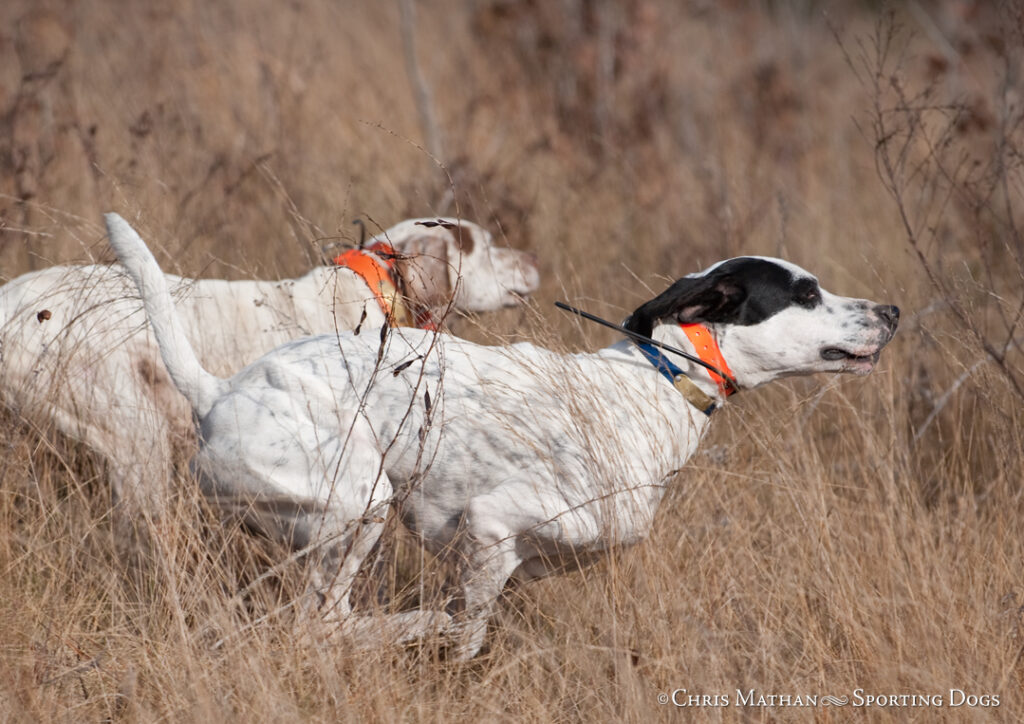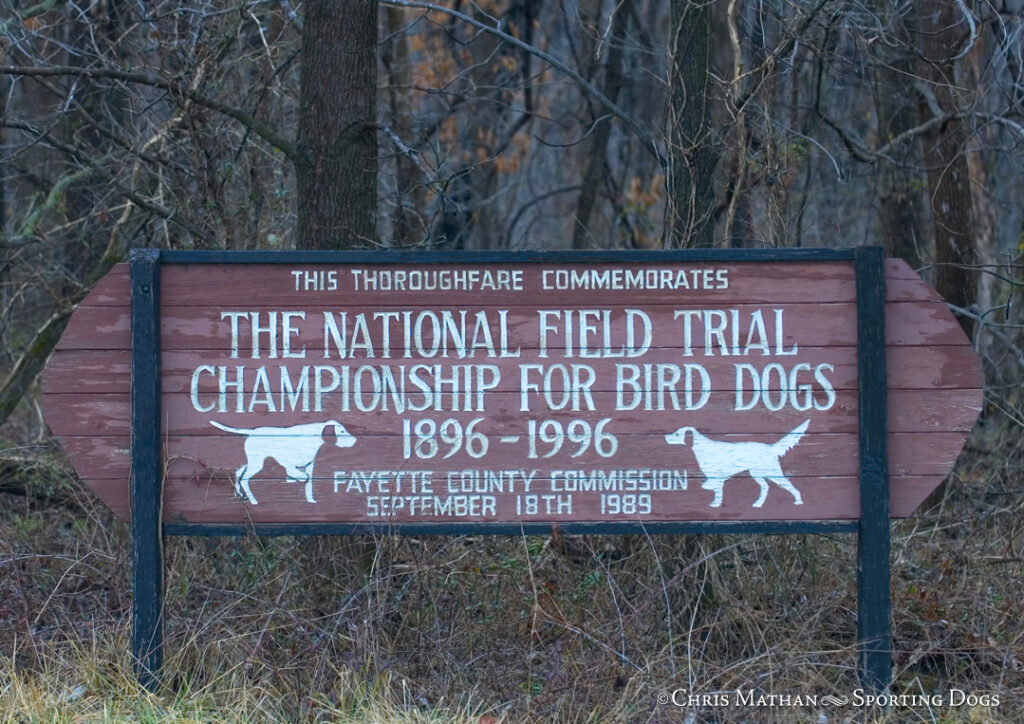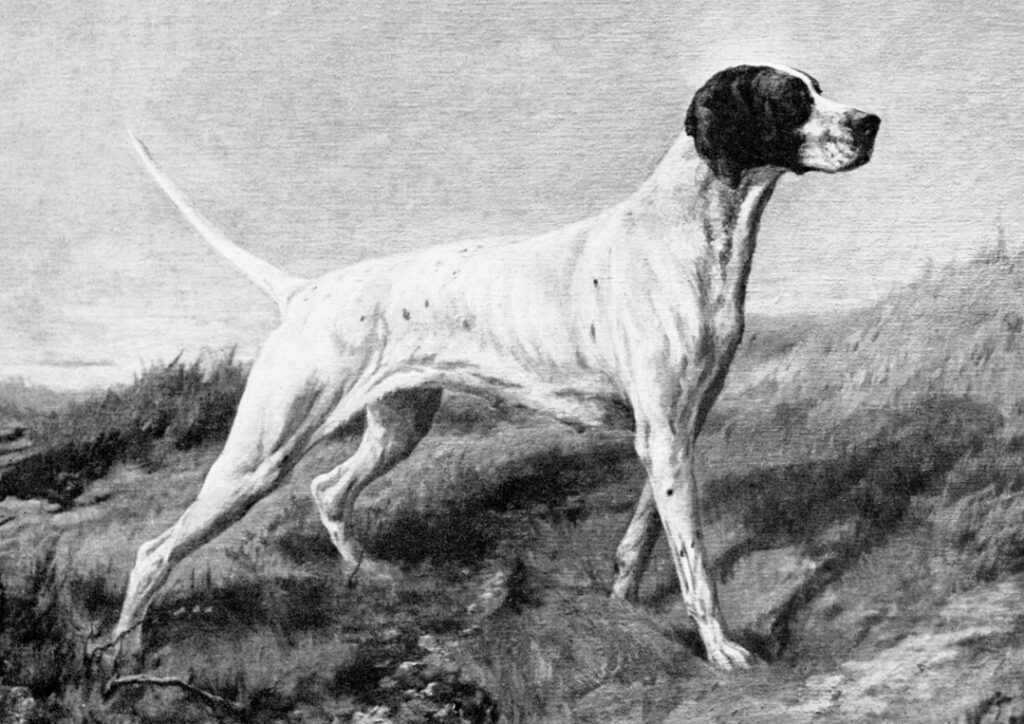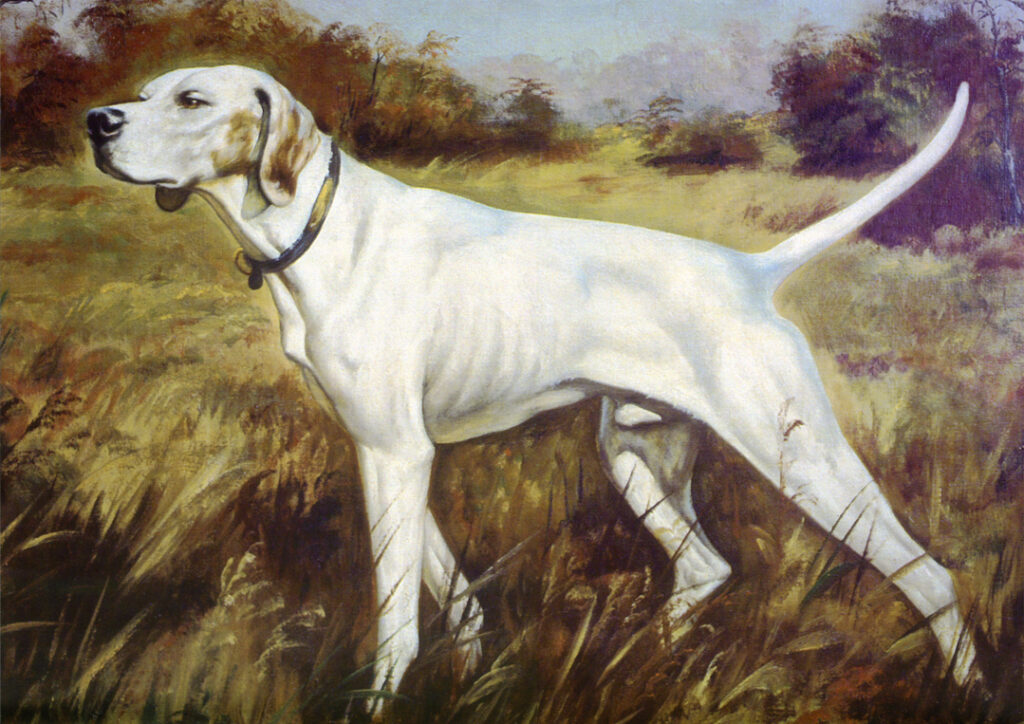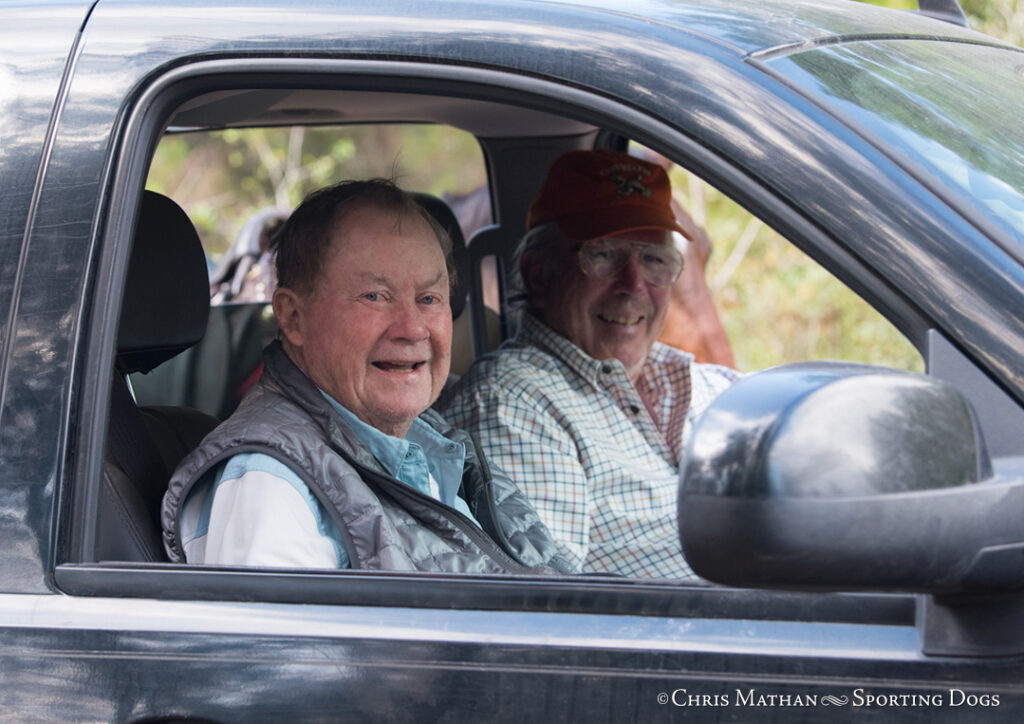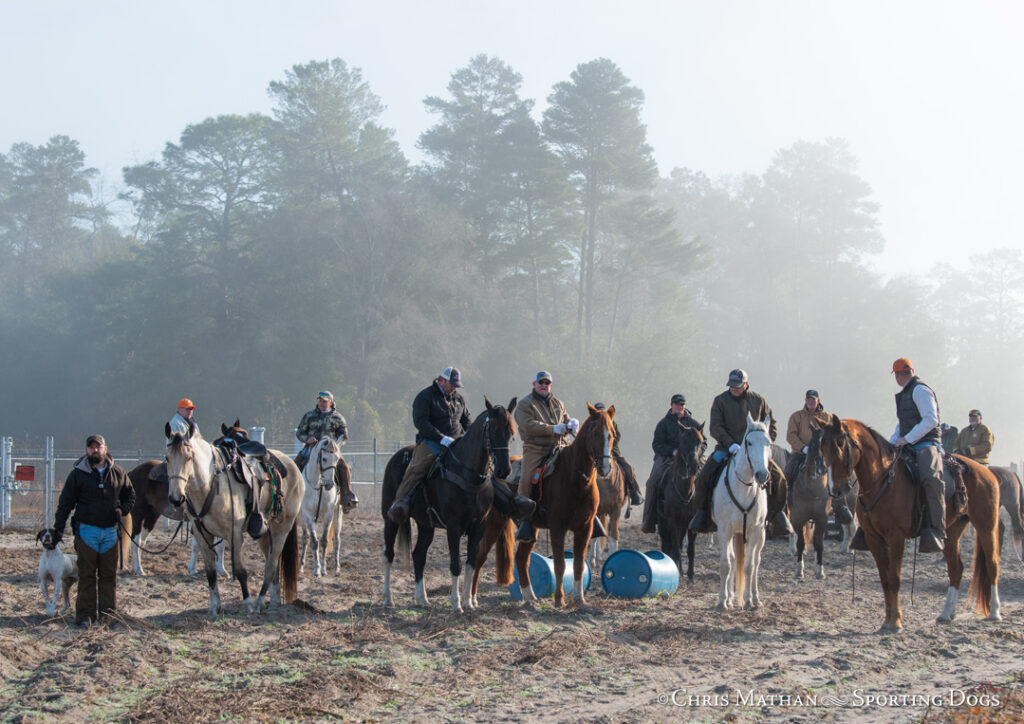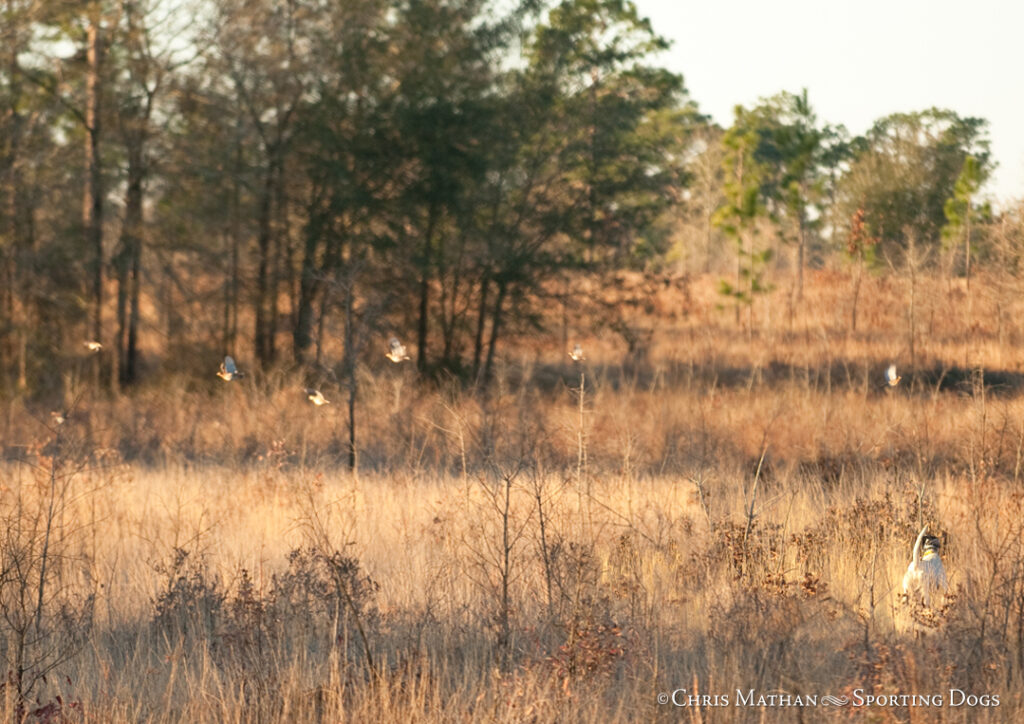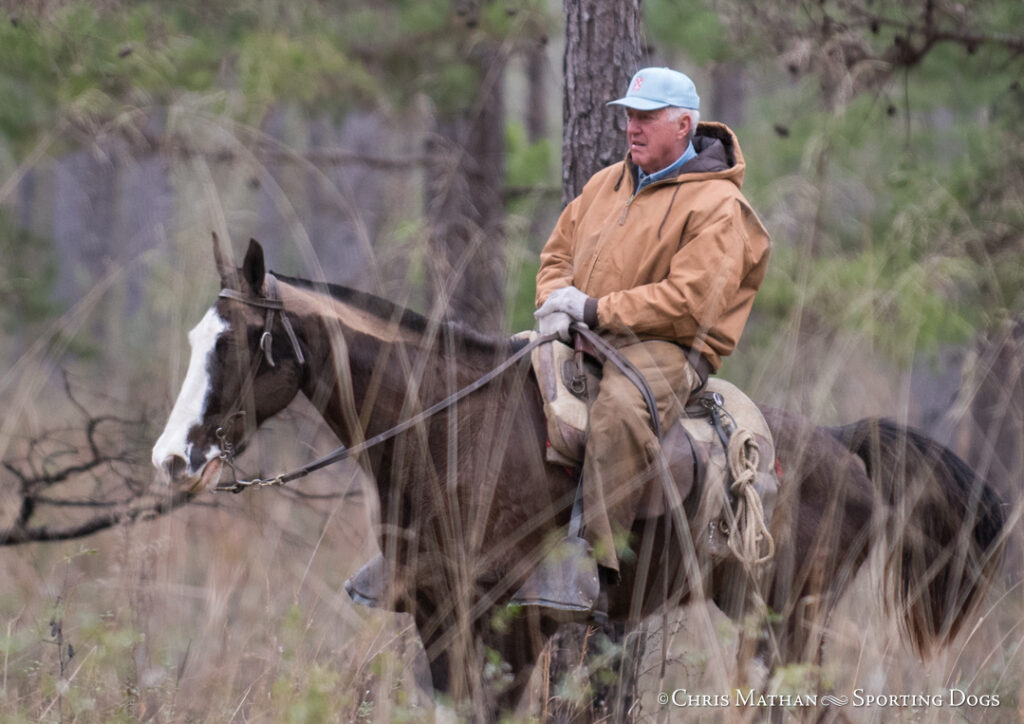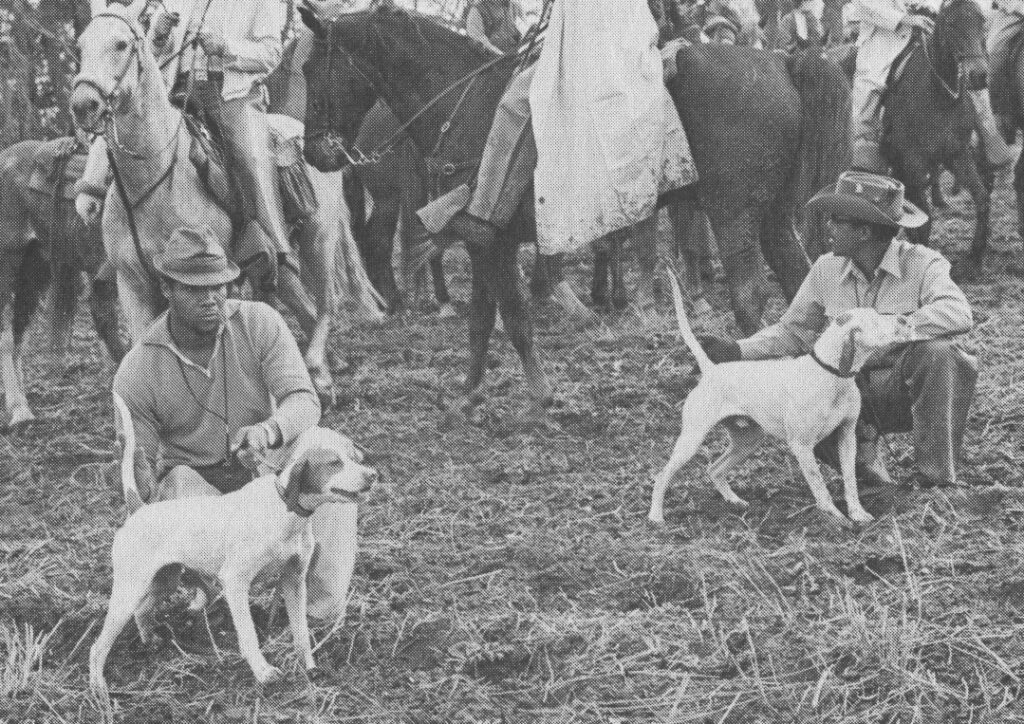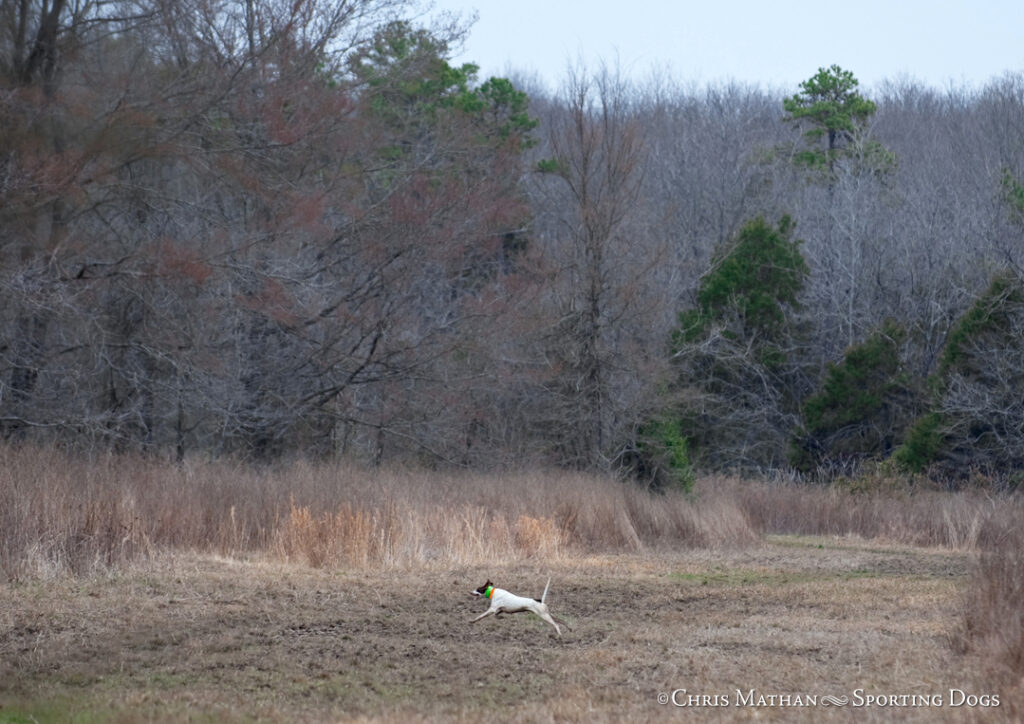
The scene was the National Bird Dog Championship, in February 2025.
The trial dated from 1896. It was known as the World Series of Field Trials. A three-hour stake, the last of these, all-age handler reputations were judged on whether a handler had ever won it. A few had, most had not.
It took a special dog to win, one with great endurance, dead broke and responsive to handler’s calls, his horse’s direction, with good eyesight, good hearing in both ears, good style. A dog that understood what its handler wanted of it, would consistently pattern forward, find birds, and handle them impeccably.
Read more
